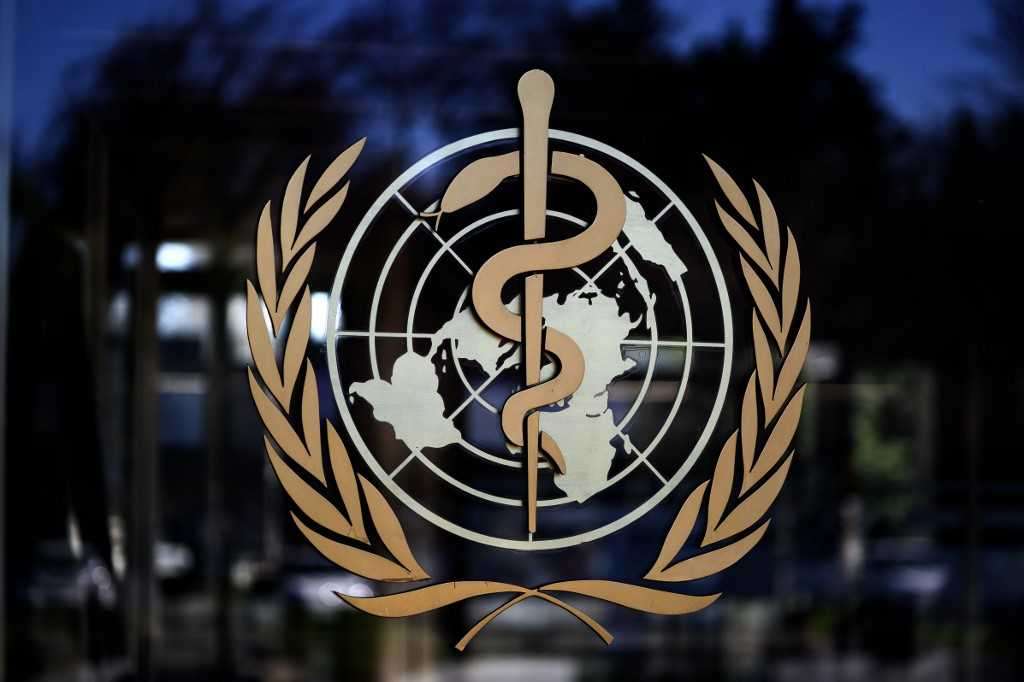Norway said on Wednesday it will impose a 10-day quarantine on all those arriving from Britain, Austria, Greece, and Ireland from August 22 due to rising numbers of coronavirus cases in those countries.
In a statement, the Norwegian foreign ministry stated that similar restrictions will also be imposed on travelers from the Danish capital Copenhagen.
In an attempt to stem the spread of the coronavirus, Norway quarantines all those coming from countries with more than 20 confirmed coronavirus cases per 100,000 population during the past two weeks.
Earlier this month, the Nordic country put on hold a plan to remove more coronavirus restrictions and urged its citizens to refrain from foreign travel.
With its latest additions, Norway will be restricting travel from two dozen European countries, including France, Spain, Poland, and Switzerland.

It is worth mentioning that the novel coronavirus was first reported in Wuhan, China, and has infected more than one million people and killed over 234,139 worldwide. It also hit several celebrities and top political figures around the world.
The virus is a new member of the Coronaviruses group, which was never identified in humans. The viruses’ family also includes Middle East Respiratory Syndrome (MERS-CoV) and Severe Acute Respiratory Syndrome (SARS-CoV), which cause illness ranging from the common cold to more severe diseases.
Coronaviruses are zoonotic, meaning they are transmitted between animals and people. Humans and animals such as mammals and birds can be affected by the disease.
The name coronavirus is derived from the Latin corona, meaning “crown” or “halo”.
On February 11, the World Health Organization (WHO) announced the official name for the disease caused by the new coronavirus is Covid-19, taken from the words “corona”, “virus” and “disease”.
In December 2019, an outbreak was reported in Wuhan, China. On 31 December 2019, the outbreak was traced to a novel strain of coronavirus, which was given the interim name 2019-nCoV by the World Health Organization (WHO), it was later renamed SARS-CoV-2 by the International Committee on Taxonomy of Viruses.

On March 11, WHO declared coronavirus a global pandemic as the new virus has rapidly spread to more than 800,000 people from Asia to the Middle East, Europe, and the United States.
Transmission of viruses between humans happens when someone comes into contact with an infected person’s secretions, such as droplets in a cough.
Coronavirus can also be transmitted by coming into contact with something an infected person has touched and then touching your mouth, nose, or eyes.
It is known that older people appear to be more vulnerable to the effects of the emerging virus.
The virus caused complete paralysis in all activities and events with large gatherings worldwide due to concerns over the spread of the virus.
People across the globe partake in self-isolation for 14 days as an effective precautionary measure to protect those around them and themselves from contracting COVID-19.












